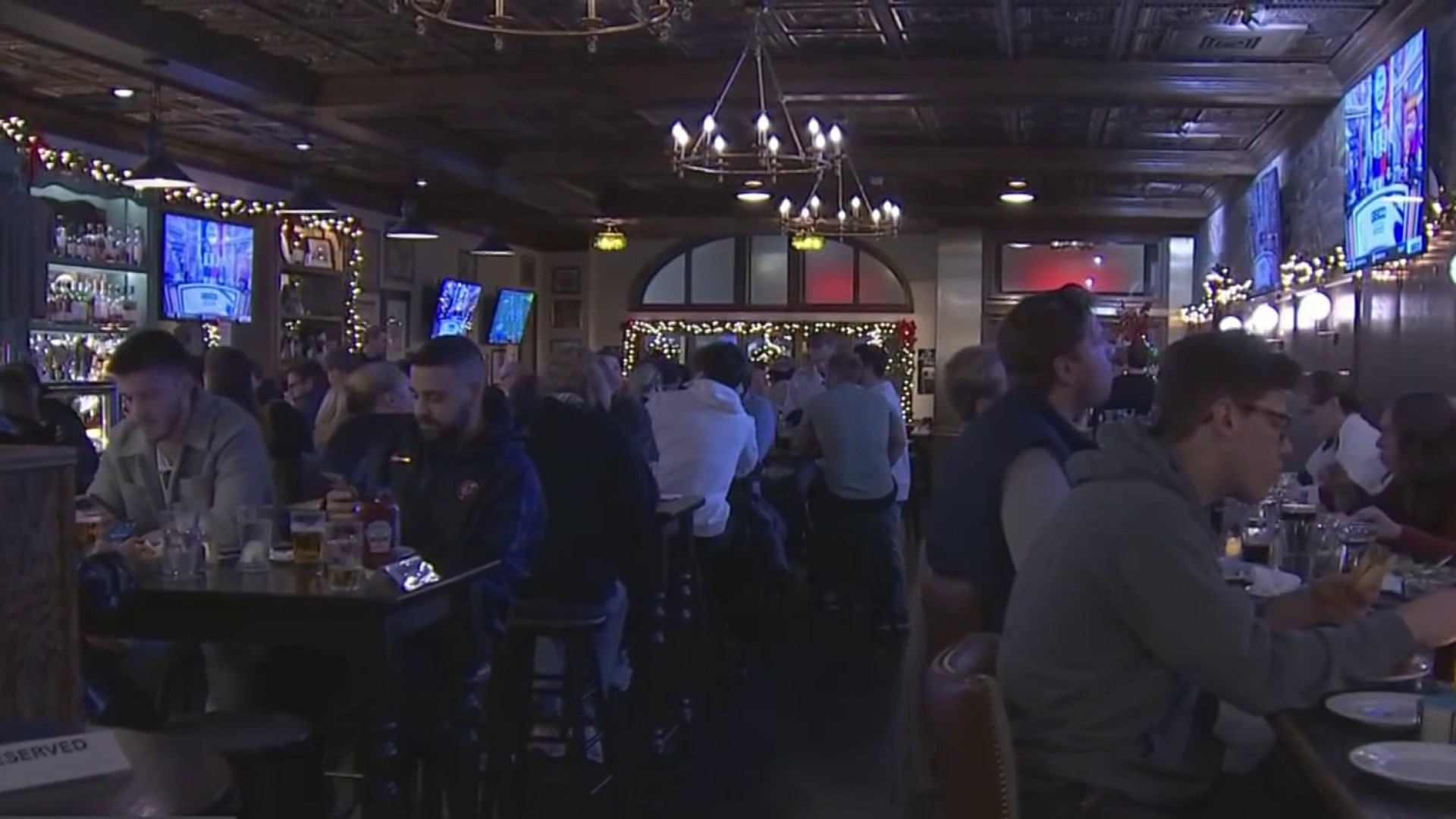People have to be brave to even consider becoming a firefighter, but a new study on the emotional and mental toll of their work finds they're also human.
NBC-owned stations conducted a nationwide survey that found while 65 percent of firefighters are haunted by memories of traumatic situations, 81 percent believe asking for help will make them seem weak or unfit for duty. Nineteen percent have thoughts of suicide, and 27 percent said they have struggled with substance abuse.
Maryland firefighter Chris McKenna researched the subject for his college thesis.
He has been a volunteer firefighter and EMT for the Vigilant Hose Company in Emmitsburg for eight years.
He was ready for the excitement of the job but not for how devastating some of the calls would be.
“I've seen bodies pulled out of buildings that are burning, I've pulled bodies out, I've seen bodies that are chopped up and mutilated by a tractor-trailer,” je said. “I had nightmares every day; I had flashbacks. And it was a struggle to get help because I didn't want to be judged.”
McKenna was deeply shaken by the suicide in 2016 of Fairfax County firefighter Nicole Mittendorf.
Local
Washington, D.C., Maryland and Virginia local news, events and information
“When that happened, when she went missing there was talk, Is this mental health related?” he said. “And I started thinking what was going through her mind when she did it.”
Her suicide pushed McKenna to seek help, but when he did, he realized there weren't many places he could find it. He believes that's because of the stigma attached to mental health issues in fire departments.
“In the fire service we think of ourselves as the superheroes, as if nothing can hurt us,” he said. “We've got this gear we can go into burning buildings with all this training that normal people can't do.”
McKenna said he wants people to know that asking for help in the fire service is OK.
If you are experiencing depression or suicidal symptoms and wish to speak with a crisis worker, call the 24-hour crisis hotline supported by the National Suicide Prevention Lifeline at 1-800-273-TALK to be connected with a crisis worker. You can join a confidential live chat online.
Reported by Doreen Gentzler, produced by Christina Romano and edited by Perkins Broussard.



